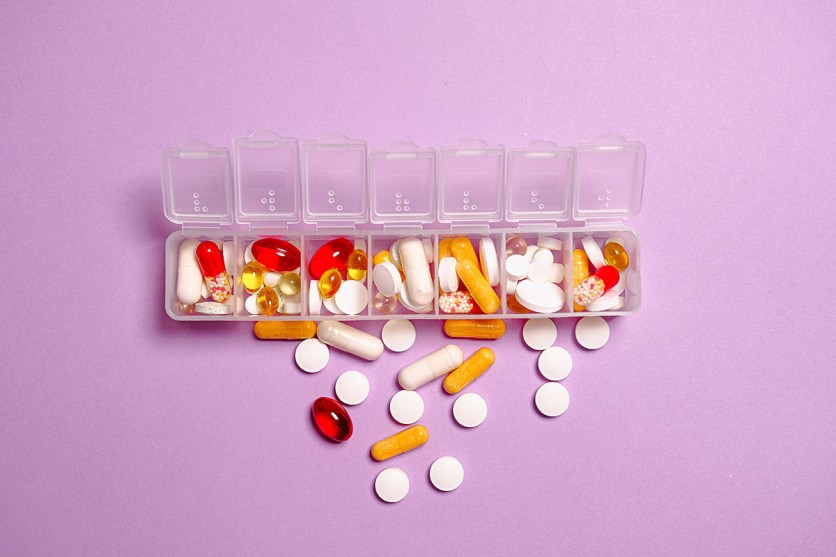The year 2020, the period when the Covid 19 pandemic emerged, has taken a toll on our sunlight exposure -- risking most of us from Vitamin D deficiency. To keep immunity in place, some were forced to settle for artificial intake. The question now is: Is it doing more harm than good?
Our skin produces vitamin D from sunlight. But what if, for health reasons, we're barred from getting the daylight we need?

Year 2020 has taken a toll on our sunlight exposure -- risking most of us from Vitamin D deficiency
The other two sources, according to Cleveland Clinic, are the food you eat and nutritional supplements. However, be wary of your consumption, as too much D could be dangerous.
How Bad is Vitamin D Deficiency?
Vitamin D is a good deterrent to the coronavirus. Experts claim that low levels in the vitamin increase vulnerability to the Covid 19 virus -- almost twice the risk and longer time of the illness to linger.
Vitamin D suppresses "inflammatory cytokine response" that triggers the severity of the virus leading to most deaths. However, WHO warns, immunity is not guaranteed.
Deficiency, thus, exposes the person to such fragility.
Aside from Covid 19 related weakness, Healthline reveals that persons with vitamin deficiency are prone to the risk of bone fracture and muscle weakness. It could also be linked to excessive belly fat. Moreover, it could affect your mental health and aggravate depression and mood changes.
Read Also: Is It Vitamin D Deficiency That Gives You Frequent Headaches?
How to Avoid Vitamin D Deficiency
How do you boost your intake? First, from including food with vitamin D in your diet. Such as:
Salmon
Egg yolk
Shrimp
Fortified Milk
Fortified Orange Juice
Salmon has the highest concentration of vitamin. Other fatty fish like sardines, tuna, and herring are good sources too.
However, as per Cleveland Clinic, food alone is not enough to keep the vitamin at optimal levels. As a result, supplements are necessary.
Too Much Artificial Intake of Vitamin D -- Is It Bad?
While natural sources could not get you to have too much of the vitamin, artificial intake could. Overdoing your supplements to compensate for the lack of daylight will be too much for your body to handle. Subsequently, toxicity could lead to hypercalcemia, Cleveland Clinic said.
Be cautious and never take excessive Vitamin D without a doctor's recommendation.
The recommended intake for adults, according to Healthline, is 400-800 IU/day or 10 to 20 micrograms. Though this should depend on your age and current medical condition. Older people, at the age of 70 and above, will need more -- from 800 to 4000 IU/day, as per Cleveland Clinic.
To ensure that a person maintains the right amount of Vitamin D, they must consult their doctors regularly. Blood tests should also be done constantly for accuracy.
Related Article: Vitamin D Supplements Linked To Improvements In Heart Failure Patients
This article is owned by Tech Times
Written by Teejay Boris
![Apple Watch Series 10 [GPS 42mm]](https://d.techtimes.com/en/full/453899/apple-watch-series-10-gps-42mm.jpg?w=184&h=103&f=9fb3c2ea2db928c663d1d2eadbcb3e52)



